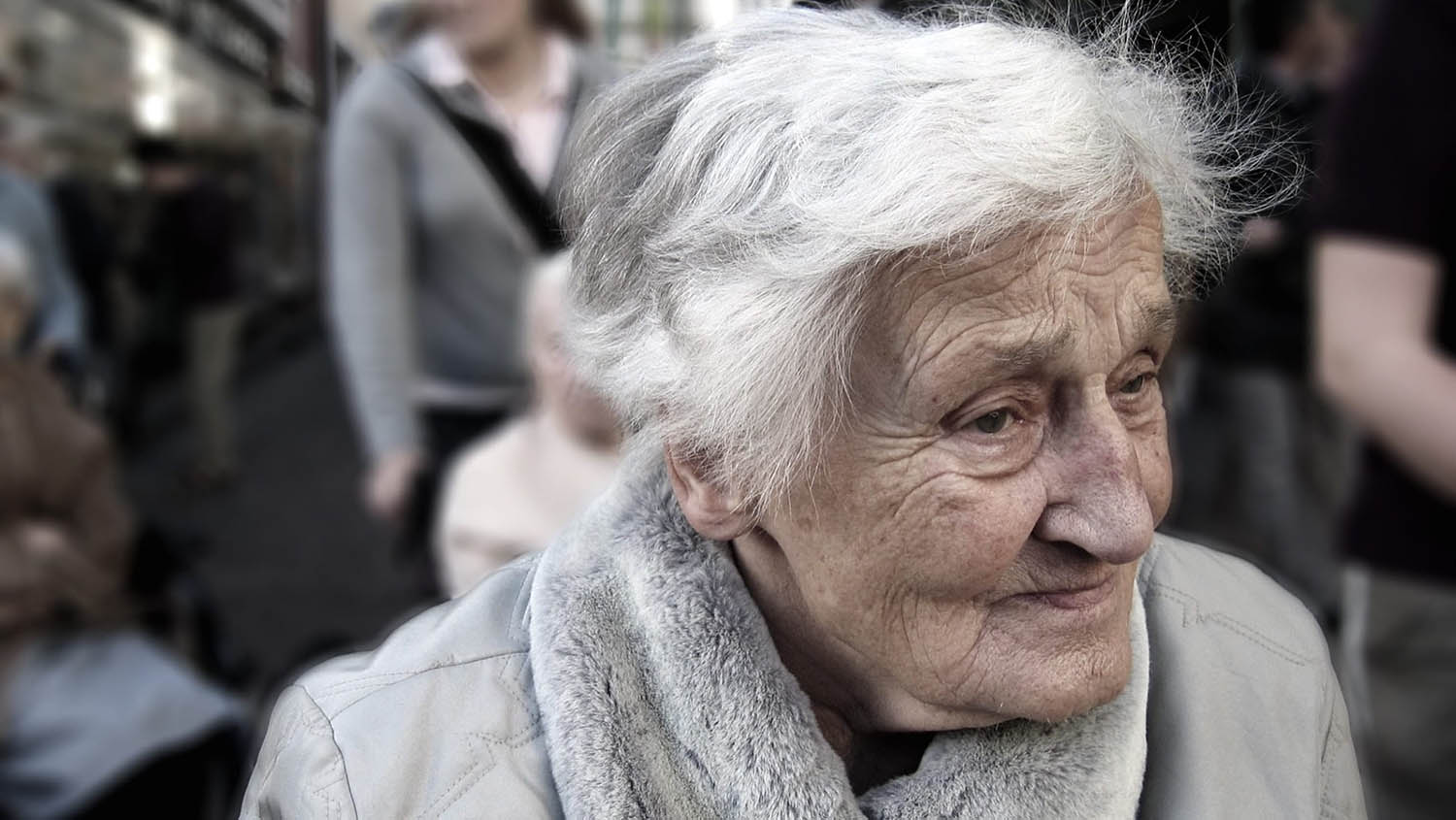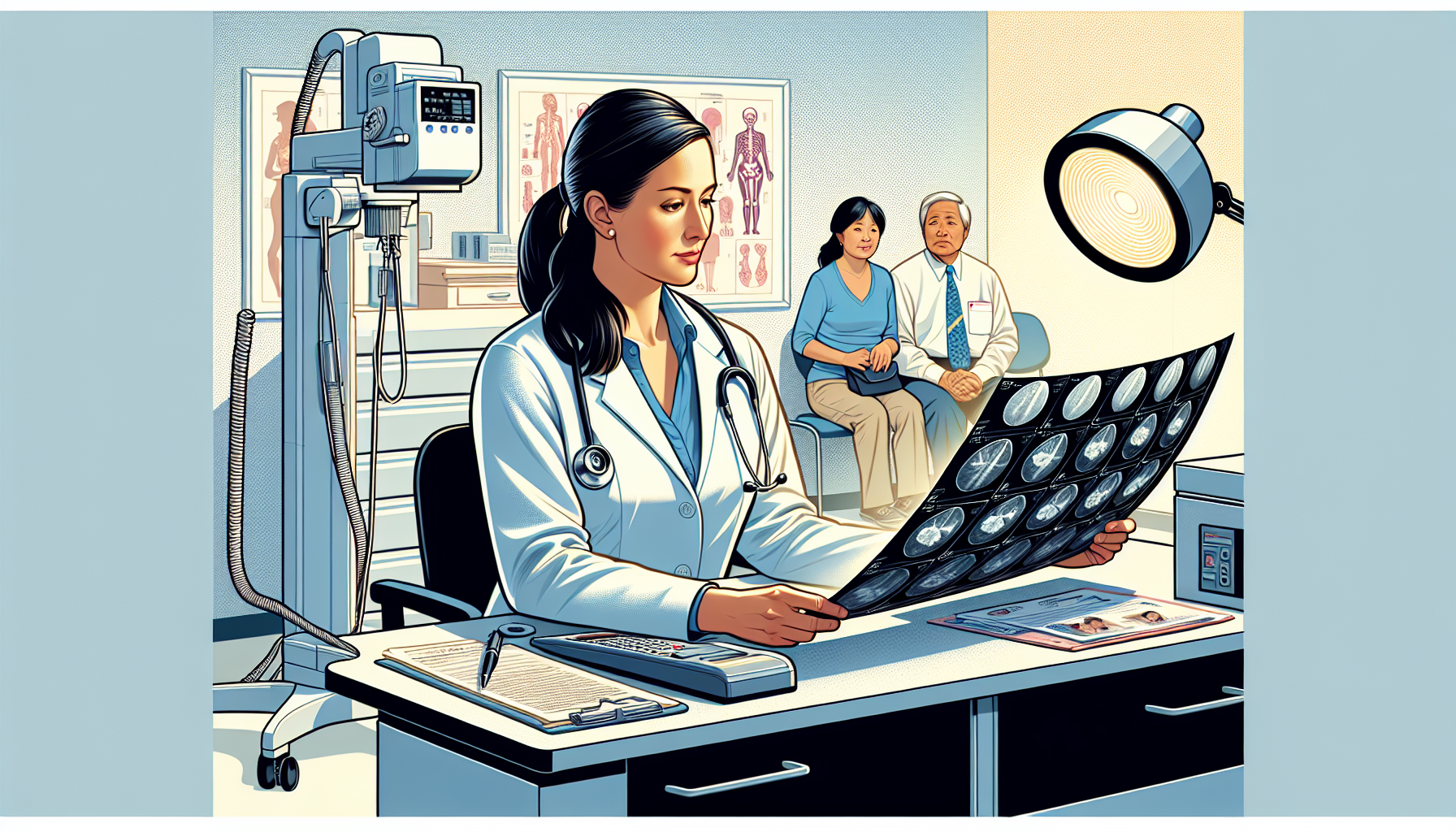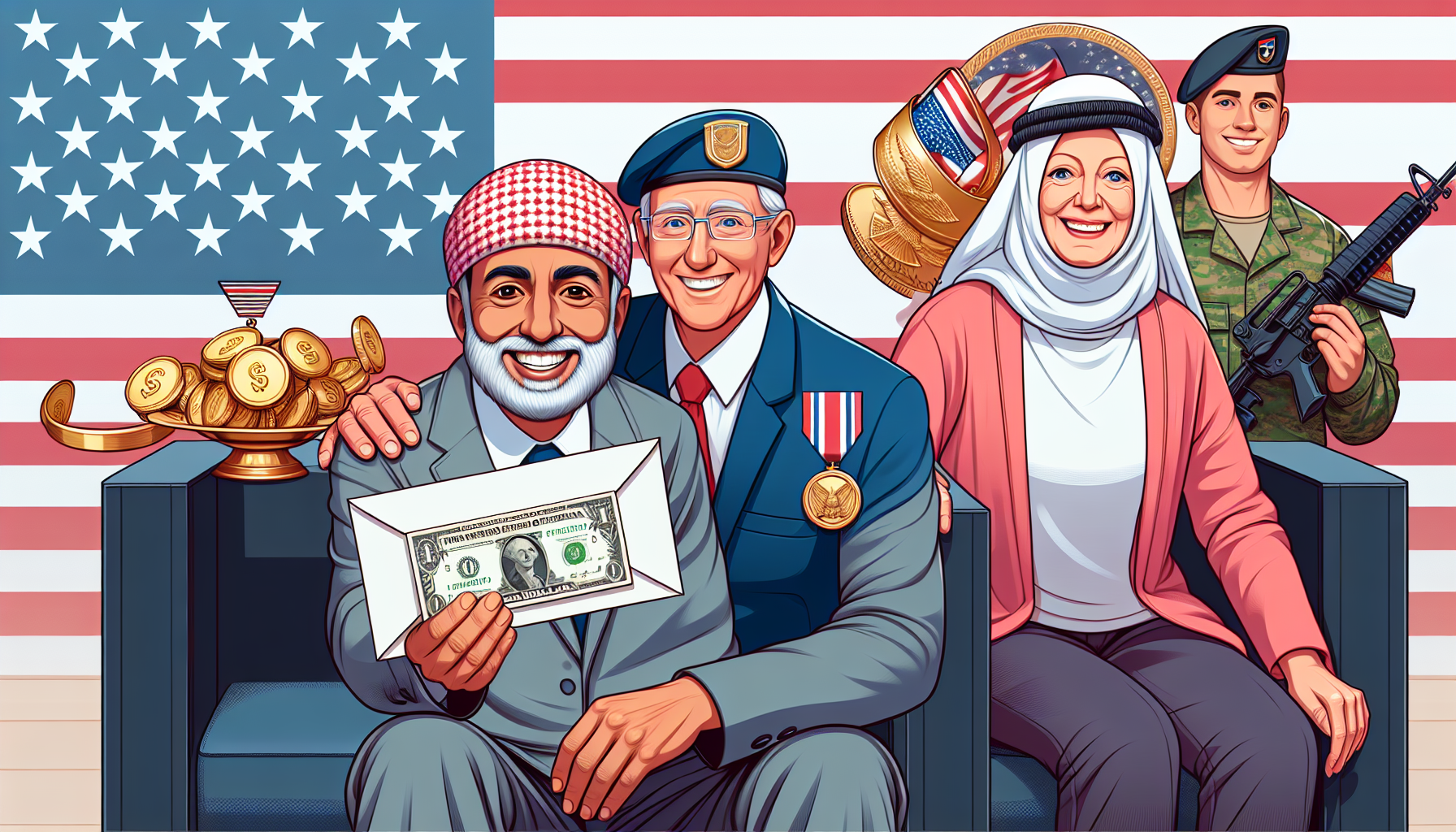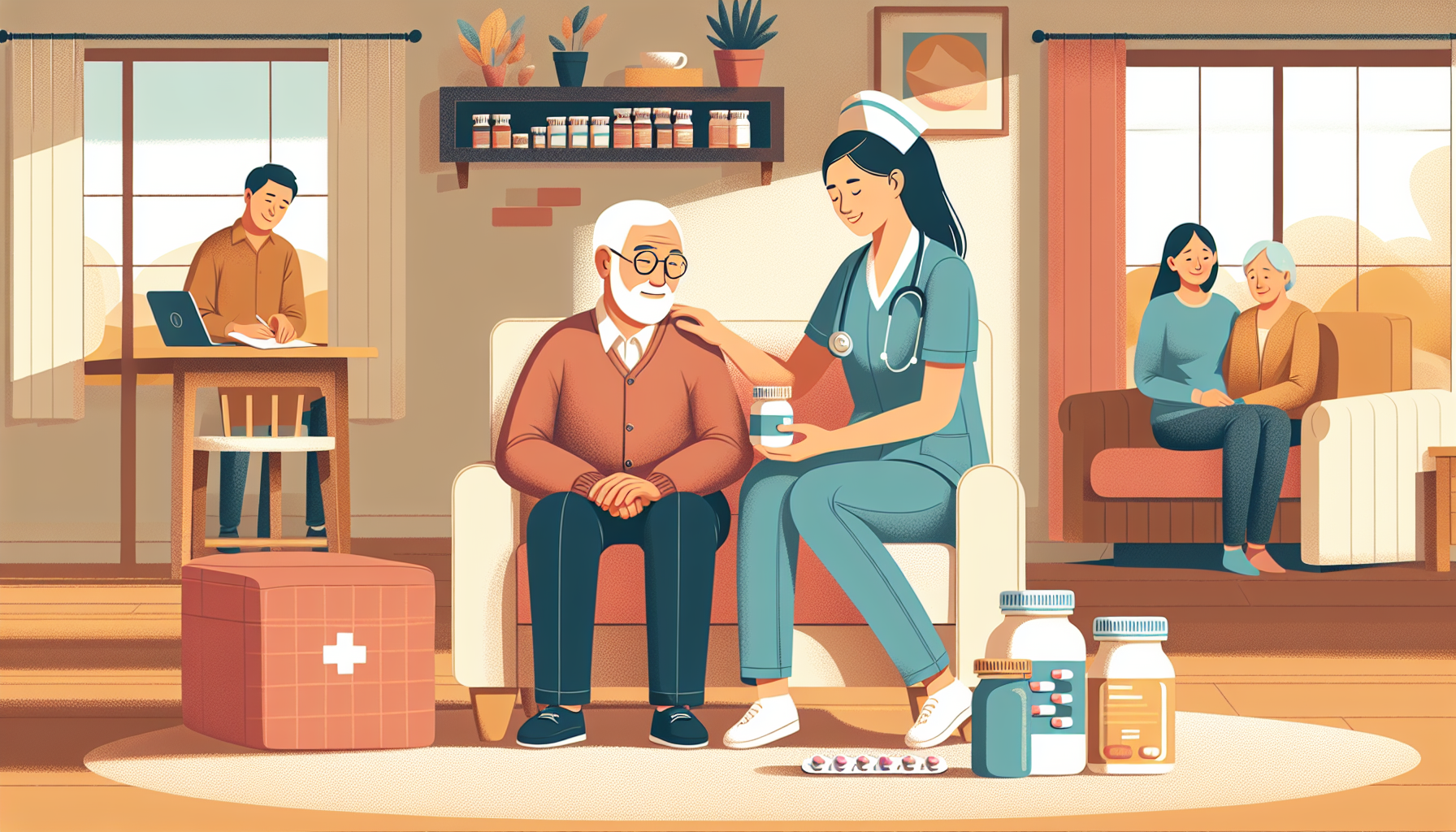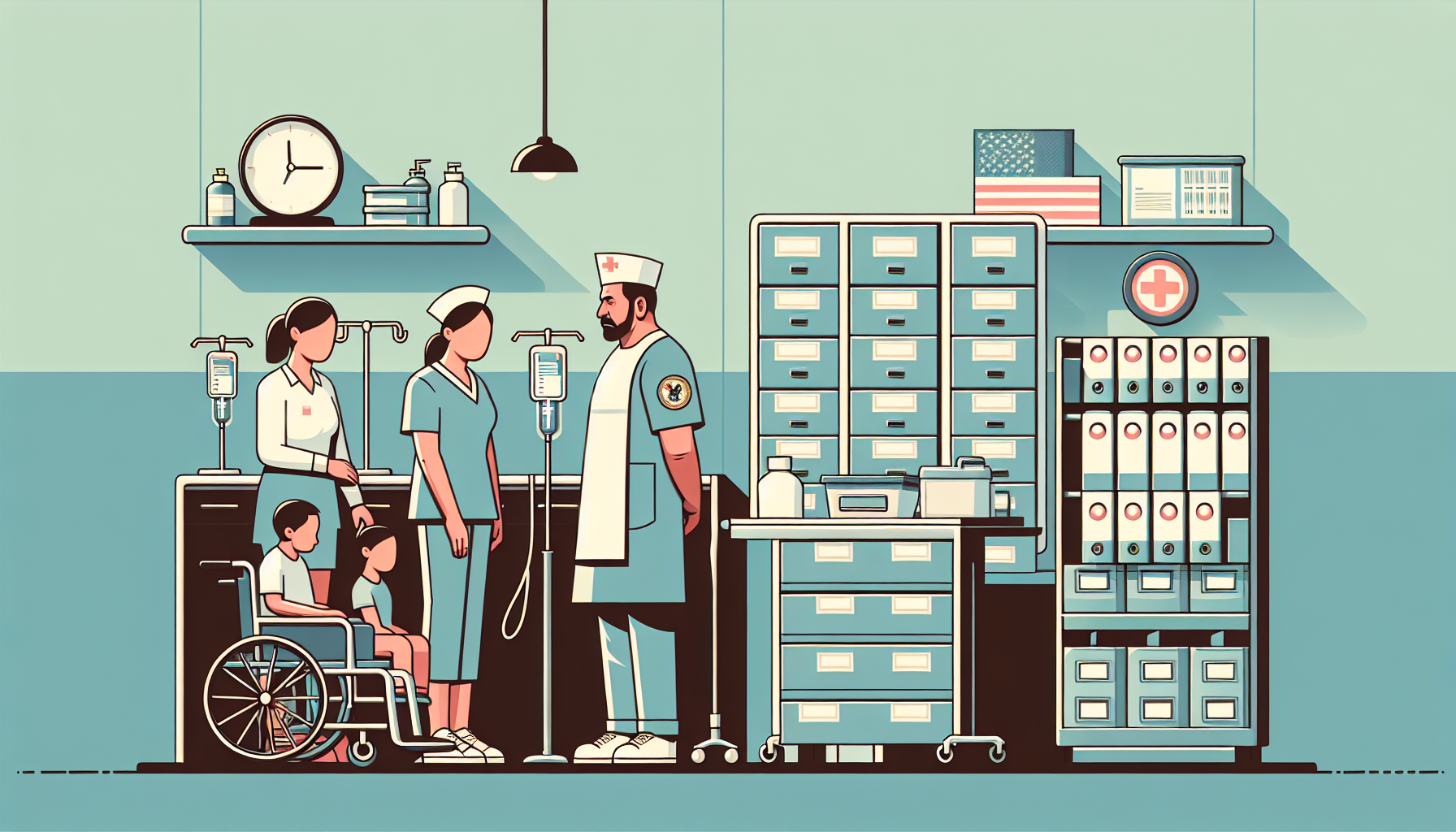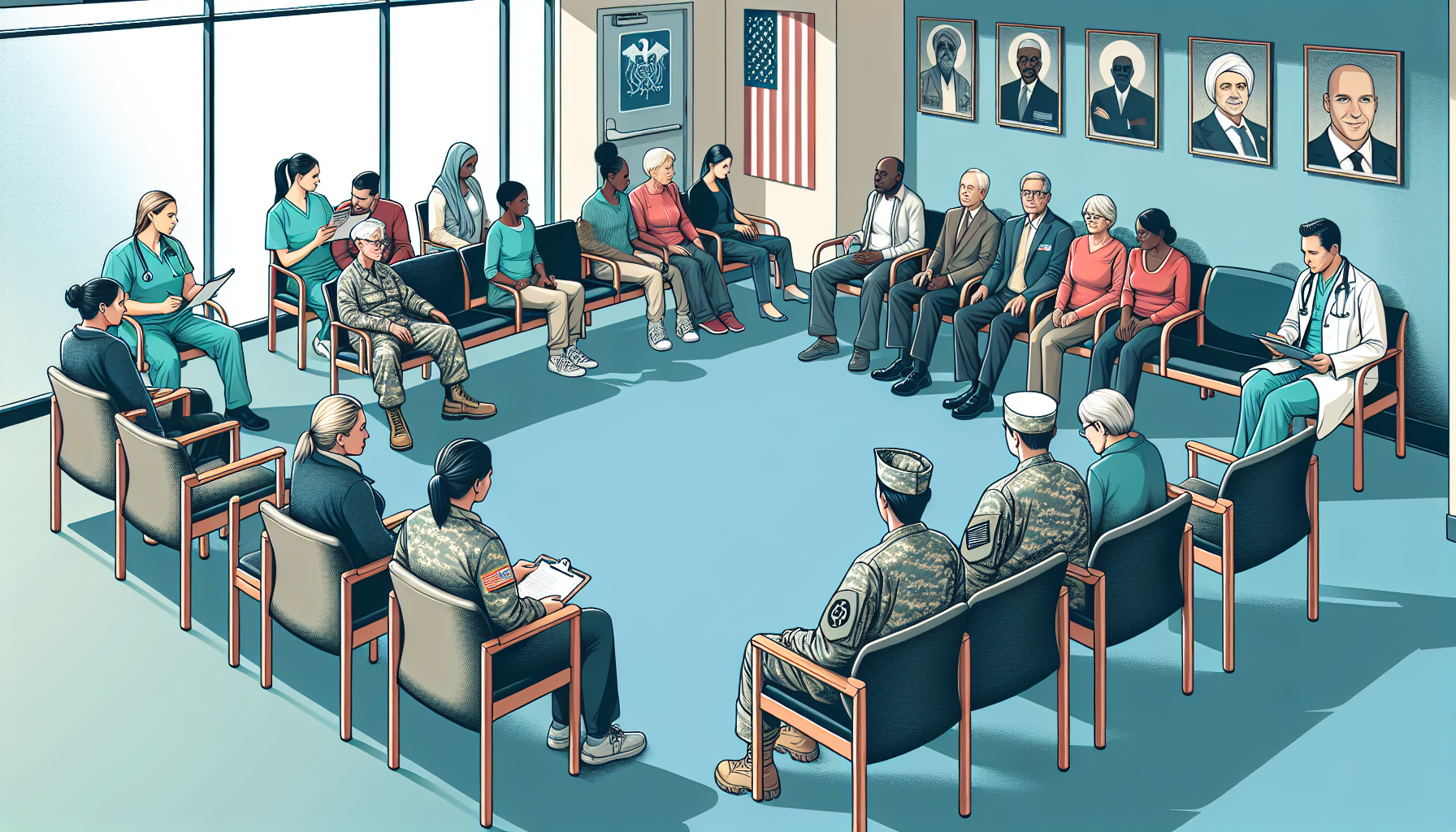Definition
Mortgages for Native American Veterans is a program under the VA benefits that offers housing assistance to eligible Native American Veterans. It provides direct home loans to buy, build, or improve a home on federal trust land. This program aims to promote homeownership and improve the quality of life for Native American Veterans and their families.
Key Takeaways
- Eligible Native American Veterans have access to specific mortgage programs, such as the Native American Direct Loan (NADL) Program, designed to help them finance their home purchases or renovations on Federal trust land.
- These specialized mortgage programs often provide benefits like low-interest rates, no down payment, and no required private mortgage insurance, making it easier and more affordable for Native American Veterans to become homeowners.
- The VA works closely with tribal governments to ensure smooth service delivery and to help Native American Veterans navigate the unique regulations and requirements associated with purchasing or improving homes on tribal land.
Importance
The VA benefits term, “Mortgages for Native American Veterans,” is essential as it highlights a crucial financial opportunity specifically designed to aid Native American Veterans in acquiring affordable and accessible home loans.
This program acknowledges the unique challenges faced by Native American Veterans and seeks to bridge the gap in homeownership within their communities.
By offering the financial flexibility of lower down payments, relaxed credit requirements, and competitive interest rates, these home loans provide Native American Veterans the necessary assistance to secure a permanent and stable living environment, ultimately enhancing their quality of life and supporting their reintegration into civilian life.
Additionally, this initiative reaffirms the nation’s commitment to acknowledging the sacrifices made by Native American Veterans and ensuring their overall well-being.
Explanation
The primary purpose of the Mortgages for Native American Veterans program is to offer affordable, flexible, and accessible homeownership opportunities. This unique initiative, designed specifically for Native American Veterans and their families, addresses the distinct housing concerns and challenges that many Native Americans face on reservations and trust lands. The Department of Veterans Affairs not only recognizes the service and sacrifices made by Native American Veterans but also acknowledges the socio-economic disparities faced by this community.
As a result, this program fosters a partnership with tribal governments and aims to provide sustainable housing solutions to empower Native American Veterans to achieve the American dream of homeownership. Mortgages for Native American Veterans are used to achieve a variety of housing goals. These range from purchasing, constructing, or improving a home on Native American trust lands to refinancing an existing loan.
To ensure maximum accessibility and inclusivity, the program offers direct home loans with attractive terms and conditions, such as low-interest rates, extended repayment periods, and minimal down payment requirements. The program also educates and encourages tribal housing authorities and other stakeholders to create policies that promote homeownership for Native American Veterans. By making high-quality, secure, and affordable housing options available to eligible Native American Veterans, the Mortgages for Native American Veterans program not only honors their service but also helps them attain an improved quality of life, stable communities, and increased financial well-being.
Examples of Mortgages for Native American Veterans
The VA Benefits term “Mortgages for Native American Veterans” refers to the Native American Direct Loan (NADL) program, which provides eligible Native American Veterans and their spouses with assistance in obtaining home loans through the Department of Veterans Affairs (VA). Here are three real-world examples of this program in action:
The Pueblo of Acoma, New Mexico: In 2016, the VA and the Pueblo of Acoma’s Housing Authority in New Mexico signed a Memorandum of Understanding to offer the NADL program to Pueblo of Acoma’s Native American Veterans. This partnership allowed eligible Veterans and their spouses living on the Acoma Indian Reservation to obtain a VA-backed mortgage with favorable terms, making homeownership more accessible for many.
The Cherokee Nation, Oklahoma: The Cherokee Nation, headquartered in Tahlequah, Oklahoma, has partnered with the VA to offer the NADL program to their Native American Veterans. This collaboration has provided many Cherokee Veterans and their spouses with the opportunity to achieve homeownership on tribal lands under the favorable terms provided by the VA, such as zero down payment requirements and limited closing costs.
The Navajo Nation, Arizona, New Mexico, and Utah: The Navajo Nation, located across Arizona, New Mexico, and Utah, has also partnered with the VA to offer the NADL program to their Native American Veterans. As a result, many Navajo Veterans have been able to secure VA-backed home loans, making it possible for them to purchase, construct, or improve homes on Federal Trust Land.These examples illustrate how the VA has worked with various Native American tribes and nations to provide mortgage opportunities for eligible Native American Veterans, promoting homeownership and improving their quality of life.
FAQs – Mortgages for Native American Veterans
1. What is the Native American Direct Loan (NADL) Program?
The Native American Direct Loan (NADL) Program is a program offered by the VA to assist eligible Native American veterans in obtaining home loans. This program allows eligible veterans to purchase, construct, or improve a home on Federally recognized trust land, while enjoying a low interest rate and no down payment requirements.
2. Who is eligible for the NADL Program?
Eligible applicants for the Native American Direct Loan Program include Native American veterans who are VA-eligible, have a valid Certificate of Eligibility, and are members of a federally recognized tribe. Additionally, the tribal government must have a Memorandum of Understanding (MOU) with the VA for the NADL program.
3. What are the benefits of the NADL Program?
Some benefits of the NADL Program include a low fixed interest rate, no down payment requirement, no private mortgage insurance (PMI) required, reduced closing costs, and the ability to prepay the loan without penalties. These benefits save eligible veterans money and provide flexibility while obtaining or maintaining their home loans.
4. Can I use the NADL Program to refinance my existing loan?
Yes, eligible Native American Veterans can use the NADL Program to refinance their existing loan as long as the property being refinanced is on federally recognized trust land. Refinancing through the NADL program comes with the benefits of a low fixed interest rate and no prepayment penalties.
5. How can I apply for the NADL Program?
To apply for the NADL Program, you need to obtain a Certificate of Eligibility (COE) from the VA. You can apply for a COE through the VA’s eBenefits portal, by mail, or through a VA-approved lender. Once you have your COE, you can apply for the NADL Program through your tribal government or the VA, which will guide you through the application process.
Related VA Benefit Terms
- Direct Home Loan Program for Native American Veterans
- Native American Veteran Down Payment Assistance
- Native American Veteran Interest Rate Reduction Refinance Loan (IRRRL)
- Tribal government collaboration for Native American Veteran housing assistance
- Native American Veteran Home Loan Guaranty
Sources for More Information
- U.S. Department of Veterans Affairs – Native American Direct Loan Program
- HUD Office of Native American Programs – CodeTalk
- National Center for American Indian Enterprise Development
- National American Indian Housing Council
 Benefits.com Advisors
Benefits.com Advisors
With expertise spanning local, state, and federal benefit programs, our team is dedicated to guiding individuals towards the perfect program tailored to their unique circumstances.
Rise to the top with Peak Benefits!
Join our Peak Benefits Newsletter for the latest news, resources, and offers on all things government benefits.


















